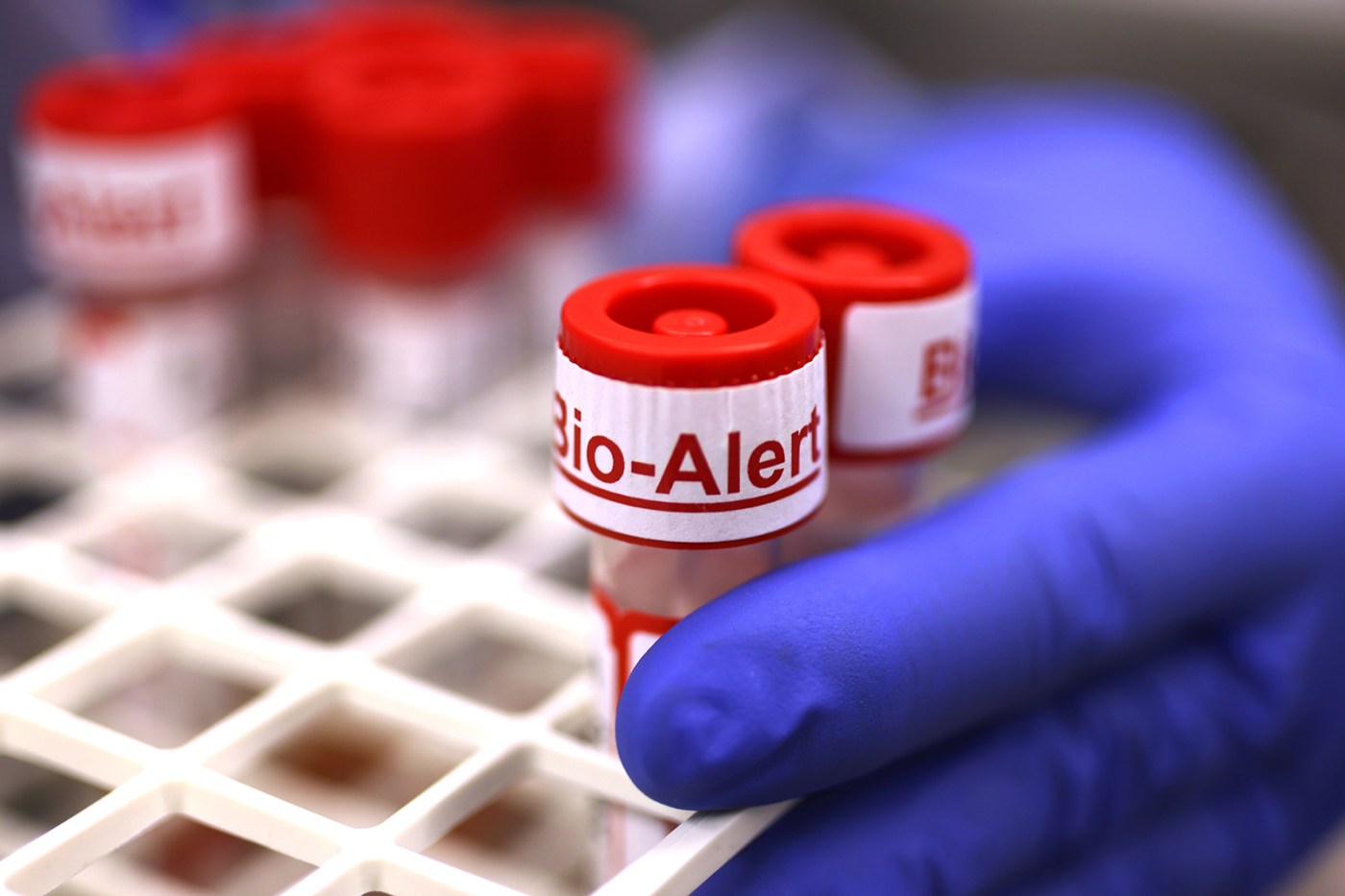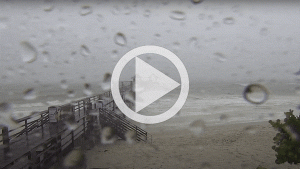
Other voices: WHO’s slow mpox response calls for a rethink
One of the World Health Organization’s most important jobs is managing viral outbreaks. The rapid spread of mpox, a disease related to smallpox, is a reminder of its shortcomings. Although well-intended, WHO’s overcautious and convoluted regulatory process stalled vaccine delivery for months before an approval was granted last month. Hundreds of lives were lost in the meantime, many of them children.
Mpox, previously called monkeypox, was first discovered in monkeys used for research in 1958. The virus began circulating among humans in western and central Africa more than a decade later. This year, more than 27,000 suspected cases and 800 deaths have been reported in the Democratic Republic of the Congo. (A serious outbreak in 2022, which began in Europe and spread to the U.S., largely subsided last year, though mpox never stopped circulating in Congo.)
A new, deadlier and more virulent version of mpox was discovered in 2023. Like past outbreaks, its symptoms are flu-like and include a rash that can develop into pustules or lesions that cover the body. When these excruciating sores erupt in the mouth and throat, eating can become difficult; some children have died of starvation as a result. Children under 15 make up two-thirds of cases and more than 80% of deaths in Africa.
A perfect storm of factors has accelerated the spread of mpox in Congo. Ongoing political violence has displaced millions of people, who’ve crowded into camps where close contact is difficult to avoid and sex work is common. (Though mpox can spread via sexual contact, it isn’t considered a sexually transmitted disease.) The country is also concurrently battling cholera, malaria and measles.
Public-health resources are understandably stretched. Yet the best means of fighting mpox — a safe and effective vaccine, approved by U.S. and European regulators — has been available for years. Why did the WHO take so long to grant its approval, and was its separate endorsement necessary?
Related Articles
What to know about Hurricane Milton as it moves toward Florida’s Gulf Coast
The 8-year-old who drove herself to Target and became an Internet star
Minnesota natives work to rebuild N.C. brewery after Hurricane Helene’s destruction
Inside the North Carolina mountain town that Hurricane Helene nearly wiped off the map
U.S. adds a robust 254,000 jobs in Sept., unemployment dips to 4.1%
Low- and middle-income countries like Congo typically depend on Unicef and global vaccine alliance Gavi to buy and distribute vaccines. Before doing so, the groups must have approval from the WHO, which can either “prequalify” the vaccines — by conducting its own data assessments, inspections and testing — or issue a so-called emergency use listing that would speed access to unlicensed products.
For two years, the WHO took neither path. Despite Congolese officials regularly sharing data with the WHO — and reports that Bavarian Nordic AS, the principal manufacturer, had submitted the research used for its European approval — the organization said it didn’t have the data required for prequalification. An emergency use listing, meanwhile, couldn’t be sought until an emergency had been formally declared, which didn’t happen until August. Bavarian Nordic, for its part, was left in the dark about procurement commitments from Gavi, which awaited WHO authorization to begin purchase negotiations. This nest of interdependent approvals would be maddening enough, even if the delays it caused weren’t so tragic.
The WHO’s instinct to review new data is to some extent understandable. Absent randomized clinical trials, it’s hard to assess whether the vaccines approved in Europe and the U.S. are effective against the version of the virus circulating in Congo. Moreover, giving an unauthorized vaccine to an otherwise healthy population, including children, can be risky. Yet as the virus spreads and the death toll mounts, the benefits of vaccination start to outweigh the potential costs — and the prospect of stalling to replicate lengthy regulatory processes becomes increasingly indefensible.
To its credit, the WHO has stepped up its response over the past month. Vaccine donations from rich countries have started to arrive and, with last month’s announcement, so too will purchases from Bavarian Nordic. Yet the belated resolution mustn’t obscure the need for a nimbler, more straightforward emergency approval process that allows for quick adoption of U.S. and European standards without all the hoops. A similar process has been used successfully for years in Pepfar, the U.S. government program to treat HIV, and should be expanded — if only for the next outbreak. More transparency with manufacturers and other stakeholders throughout the prequalification process would help, too.
The WHO has substantial responsibilities, and it shouldn’t waste precious time duplicating efforts. By trusting its global partners, it can focus instead on saving lives.
— Bloomberg Opinion


